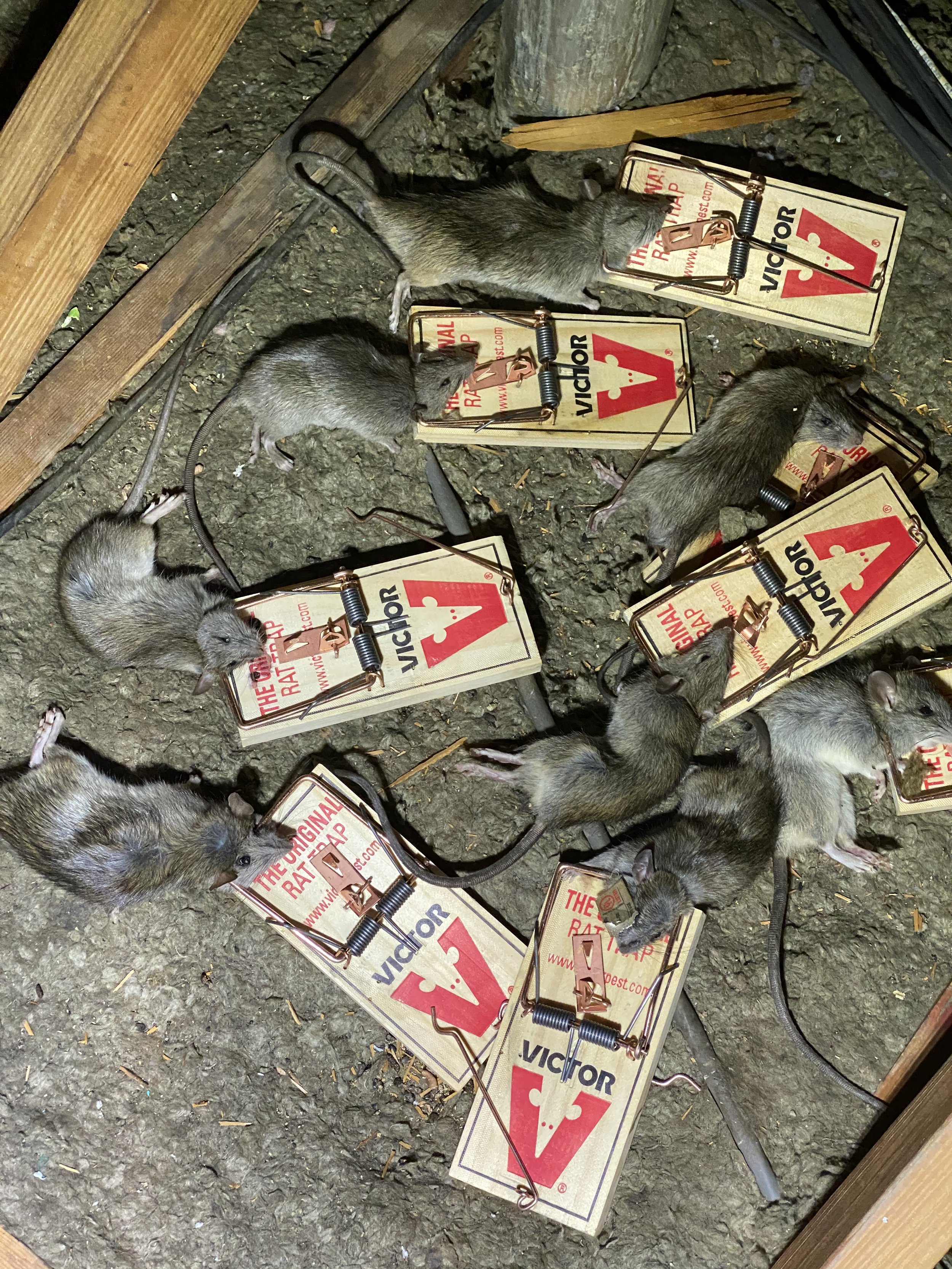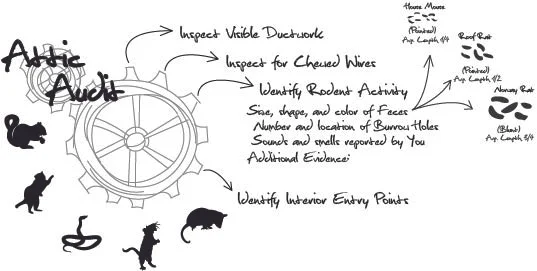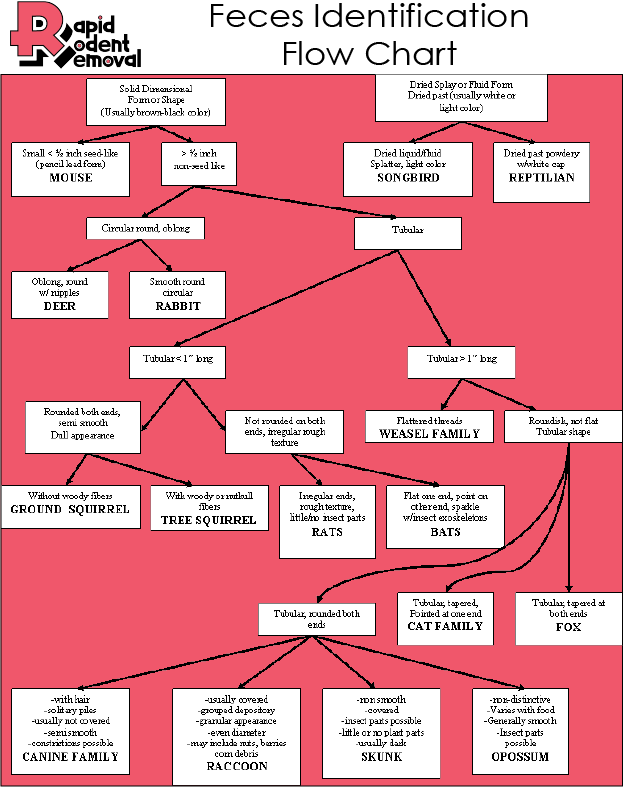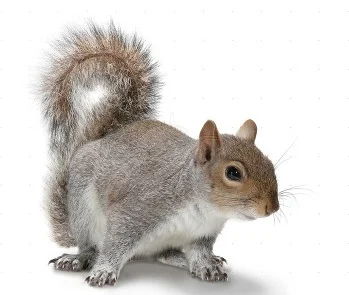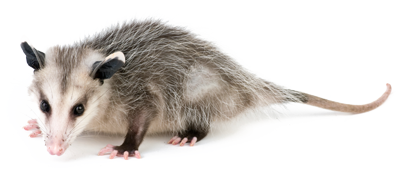Rats in wall
Rats in Walls: A Comprehensive Guide
Introduction to Rats in Walls
Rats in walls are a common issue that many homeowners face, and it can be quite unsettling to hear scratching and scampering noises coming from within your walls. Besides being a nuisance, rats can also pose health risks and cause damage to your property. This article will provide a comprehensive guide to understanding rats in walls, how to identify their presence, why they choose to live in walls, the health risks associated with them, and how to get rid of them and prevent their return.
Identifying the Presence of Rats
Before you can tackle the problem of rats in your walls, you need to be sure that they're the cause of the noises you're hearing. Here are some common signs that rats might be living in your walls:
Common Signs of Rats
Droppings
Gnaw marks on wood, wires, or plastic
Grease marks along walls or baseboards
Nests made from shredded materials like paper or fabric
A musty odor, particularly in confined spaces
Noises in the Walls
Rats are nocturnal creatures, so you'll most likely hear them moving around in your walls at night. The noises you might hear include scratching, gnawing, and scampering sounds.
Damage Caused by Rats
Rats can cause significant damage to your home, including chewing through wires, wood, and insulation, which can lead to electrical fires, structural damage, and energy loss.
Why Rats Choose to Live in Walls
There are several reasons why rats might choose to make their home inside your walls:
Shelter and Safety
Walls provide rats with a safe and secure place to live, away from predators and the elements. They can easily navigate through wall cavities and build nests, making them an ideal home for these creatures.
Food Sources
Rats are opportunistic feeders, which means they'll eat almost anything they can find. If your home provides easy access to food sources, such as improperly stored food or garbage, rats will be more likely to take up residence within your walls.
Breeding Grounds
Walls can also provide an ideal environment for rats to breed and multiply. With a safe and secure nesting site, they can reproduce quickly, leading to a larger infestation in a relatively short amount of time.
Health Risks Associated with Rats in Walls
Having rats in your walls isn't just an annoyance; they can also pose several health risks to you and your family:
Spread of Diseases
Rats are known carriers of various diseases, such as leptospirosis, salmonella, and Hantavirus, which can be transmitted to humans through contact with rat urine, feces, or contaminated surfaces.
Allergies and Asthma
Rat droppings, urine, and dander can exacerbate allergies and asthma symptoms in sensitive individuals. Prolonged exposure to these allergens can have a significant impact on your respiratory health.
Contamination of Food
Rats can easily contaminate food sources by gnawing through packaging, leaving droppings or urine, or by simply coming into contact with the food. Consuming contaminated food can lead to various illnesses, some of which can be quite serious.
How to Get Rid of Rats in Walls
If you've determined that rats are indeed living in your walls, it's crucial to take action to remove them and prevent further damage to your home. Here are some effective ways to get rid of rats in walls:
Sealing Entry Points
First, inspect the exterior of your home for any gaps or openings that rats may be using to gain access. Seal these entry points with durable materials, such as steel mesh or caulk, to prevent rats from getting inside.
Traps and Bait
Using traps is a common method to catch rats living in walls. There are various types of traps available, such as snap traps, glue traps, and live-catch traps. Bait the traps with enticing food, like peanut butter or small pieces of fruit, and place them near the areas where you've noticed rat activity.
Professional Pest Control
If your rat infestation is extensive or you're unsure how to handle it yourself, it's best to call a professional pest control service. They have the expertise and tools necessary to effectively remove rats from your walls and provide recommendations for preventing future infestations.
Preventing Rats from Returning
Once you've successfully eliminated rats from your walls, it's essential to take steps to prevent them from returning:
Keeping Your Home Clean
Rats are attracted to food sources, so keeping your home clean and free of food debris is crucial. Regularly clean your kitchen, including countertops, floors, and appliances, and promptly clean up any spills or crumbs.
Proper Food Storage
Store food in airtight containers made from durable materials, like glass or metal, to prevent rats from accessing it. Keep your garbage in a sealed bin and dispose of it regularly.
Regular Home Maintenance
Inspect your home regularly for signs of rat activity and potential entry points. Seal any gaps or openings you find, and trim tree branches or vegetation that may provide rats with easy access to your home.
Conclusion
Rats in walls can be a distressing problem for homeowners, but with the right knowledge and action, it's possible to effectively eliminate them and prevent future infestations. By identifying the presence of rats, understanding why they choose to live in walls, and taking the necessary steps to remove them and keep them from returning, you can protect your home and maintain a healthy living environment.
Frequently Asked Questions (FAQs)
1. How can I tell if I have rats in my walls?
Common signs of rats in walls include scratching, gnawing, and scampering noises, particularly at night as well as visible signs like droppings, gnaw marks, grease marks, and nests made from shredded materials.
2. Can rats cause damage to my home?
Yes, rats can cause significant damage to your home by chewing through wires, wood, and insulation, which can lead to electrical fires, structural damage, and energy loss.
3. What diseases can rats transmit to humans?
Rats can transmit several diseases to humans, including leptospirosis, salmonella, and Hantavirus. These diseases can be spread through contact with rat urine, feces, or contaminated surfaces.
4. What can I do to prevent rats from returning to my walls?
To prevent rats from returning to your walls, seal any entry points, keep your home clean and free of food debris, store food in airtight containers, maintain your home regularly, and trim tree branches or vegetation that may provide rats with easy access to your home.
5. Should I hire a professional pest control service to remove rats from my walls?
If your rat infestation is extensive or you're unsure how to handle it yourself, it's best to call a professional pest control service. They have the expertise and tools necessary to effectively remove rats from your walls and provide recommendations for preventing future infestations.
All About Animals …
Suspendisse nec congue purus. Aenean eu justo sed elit dignissim aliquam. Suspendisse nec congue purus. Class aptent taciti sociosqu ad litora torquent per conubia nostra, per inceptos himenaeos.
RATS
SQUIRRELS
RACCOONS
OPOSSUMS
SNAKES
BATS
WILDLIFE REMOVAL
articles:
What does a rat nest look like ?
What is a Squirrel King

